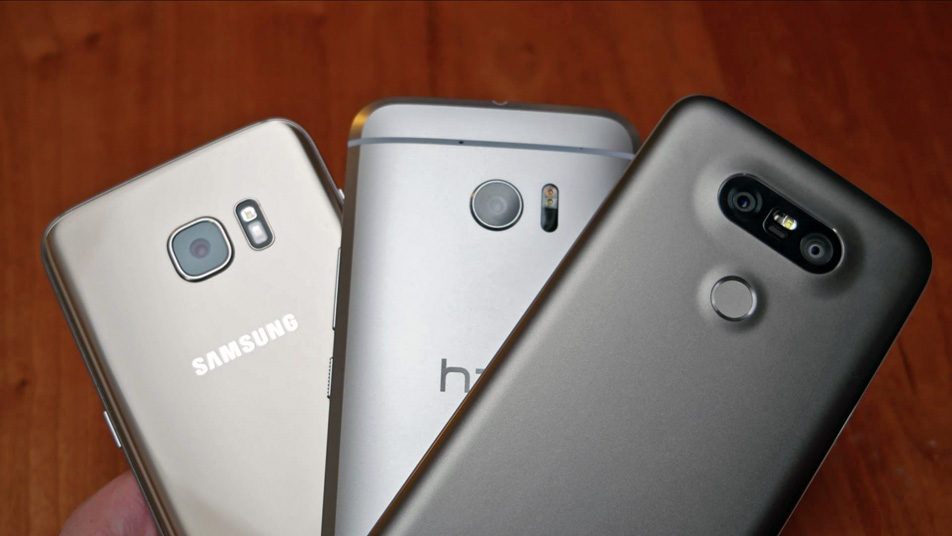Wireless charging has technically been around for years now, but using a dumb accessory to very slowly charge a phone sitting on special mat has never seemed like the future to me. Magnetic resonance charging, which has a radius of a couple inches rather than a couple millimeters, is a little more like it. And according to a new report, LG’s next smartphone will feature exactly that.
DON’T MISS: OnePlus 3 review: A ‘flagship killer’ that really kills other flagships
BusinessKorea reports that LG has “completed the development of a smartphone that supports magnetic resonance-based wireless charging.” What the phone looks like or when it will precisely be released isn’t specified, but it’s likely to see the light of day in the coming months.
Magnetic resonance wireless charging is a tech that’s been around for a few years in prototype form, but it’s never been released in a consumer product. Most of the reasoning is because it hasn’t provided a significant advantage over the inductive charging tech commonly used in Samsung (and other) phones.
According to BK, LG has make some serious improvements, and the tech is worthy of prime-time. Specifically, range is up to 7cm, and charging is up to 7 watts. That last number is arguably the most important: wireless chargers have always been slower than their cabled brethren, but 7 watts should be enough to see sub-hour charging speeds for the average smartphone battery.
Even with the faster technology, magnetic resonance charging is a little niche and risky to make it into the successor for the LG G5. Instead, we’re more likely to see it in one of LG’s mid-range phones, like whatever comes after the V10.










